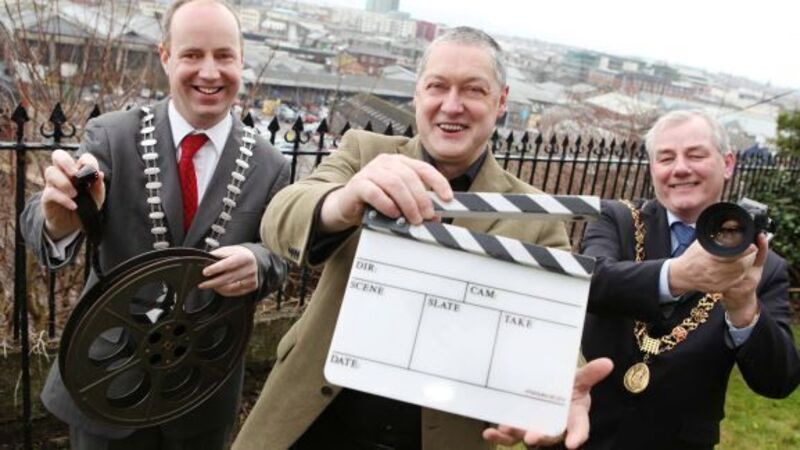Rolling out the next generation of movie talent

FOR almost 20 years the Cork Film Centre has been providing equipment and support to budding film makers from its base in Civic Trust House on Pope’s Quay.
Although its administration centre will remain in the city, much of the bigger equipment has now been moved to the Gunpowder Mills in Ballincollig, which also features an exhibition gallery and a cinema space as well as animation and editing suites. Also resident here is the new Cork screen commissioner Niall Mahoney, with a remit to develop commercial film making in the Cork region.











